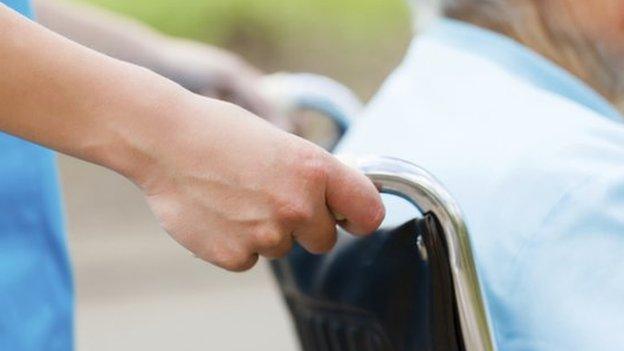Student bursary cut 'may worsen NHS staff shortages'
- Published

Plans to scrap student bursaries and charge nurses and other health staff for their degrees in England could backfire, unions are warning.
Ministers plan to overhaul the funding system in September 2017 and charge those studying to be front-line health workers for their degrees.
But the Royal College of Nursing and Unison are warning it could turn people off NHS careers and worsen shortages.
Student nurses, midwives and staff such as physiotherapists will be affected.
They are currently entitled to bursaries of £4,500 to £5,500 if they live in London - on top of a grant of £1,000 each year during their course. The course fees are also covered.
But the government has proposed scrapping these and introducing university fees to bring health staff in line with other students.
Ministers argue that the move will lead to an increase in nurse students - of about 10,000 - as applicants for courses currently outnumber the places available by two to one. This is because there is a cap on places.
But unions have warned the move could end up putting off prospective students.
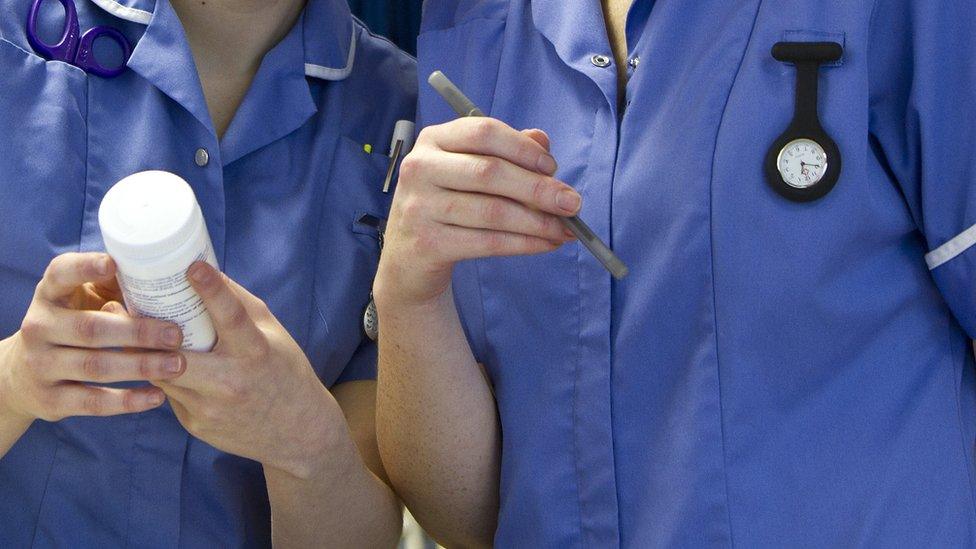
To strengthen their case, Unison and the National Union of Students commissioned research group London Economics to carry out an analysis of the potential impact.
The research, based on modelling, suggested the numbers starting courses could drop by about 6.5% from 31,000 a year to 29,000.
They argue the courses are quite different from normal studying as nurses spend half their time working in the NHS and do not get long holidays where they can spend time doing paid work as other students do.
RCN general secretary Janet Davies said: "Our members tell us that the fees could put people off, particularly older students who come into nursing later on. They are very important for the diversity of the workforce. This seems a risky move at a time when we are short of staff."
Earlier this month, a report by the Public Accounts Committee warned that the NHS was short of about 50,000 front-line staff.
Ms Davies said she would like to see the government pause its plans and carry out a full risk assessment to see what the likely impact will be.
Her warning comes as nurses and other staff prepare to attend a rally in central London over the plans.
Unison head of health Christina McAnea said she was worried the move could make "an already difficult situation much worse".
"With too few staff on the wards, the impact on patient safety could well be disastrous."
A Department of Health spokesman said the changes were designed to increase the numbers in training and would mean students could access greater financial support in the form of loans, but he urged the profession to submit concerns to the consultation on the changes.
"We need more home-grown nurses so the NHS doesn't have to rely on expensive agency staff or overseas nurses," he added.
- Published10 May 2016
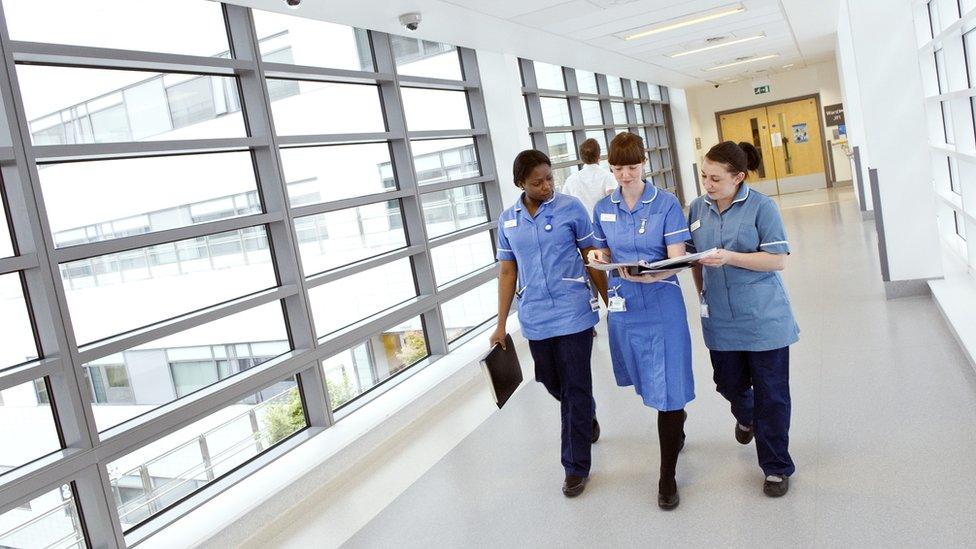
- Published10 September 2015
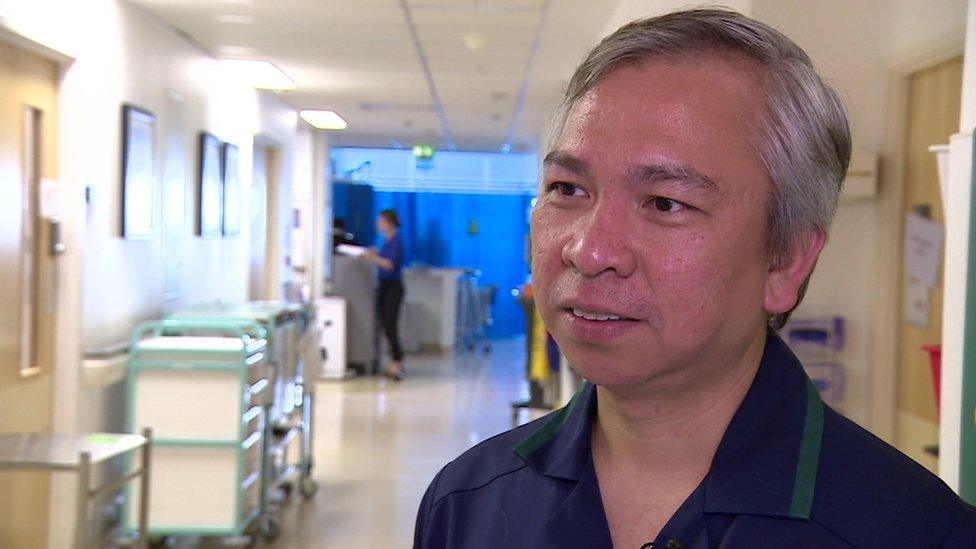
- Published11 March 2014
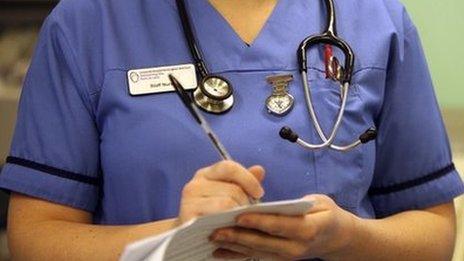
- Published14 January 2016
